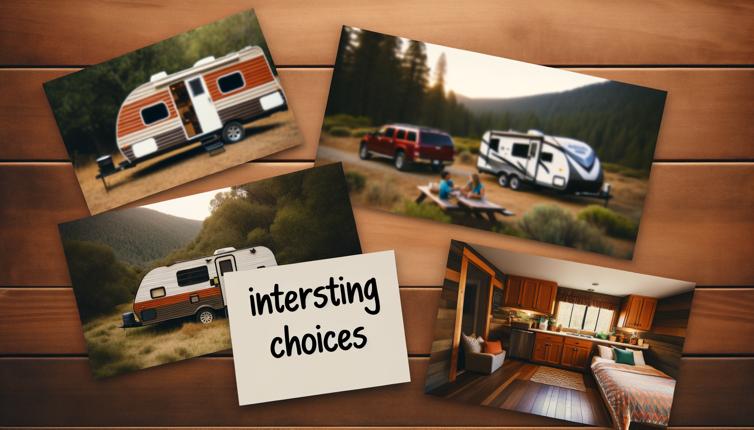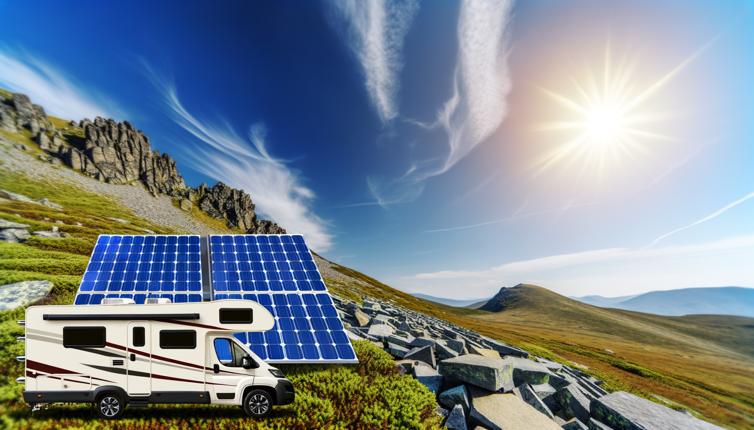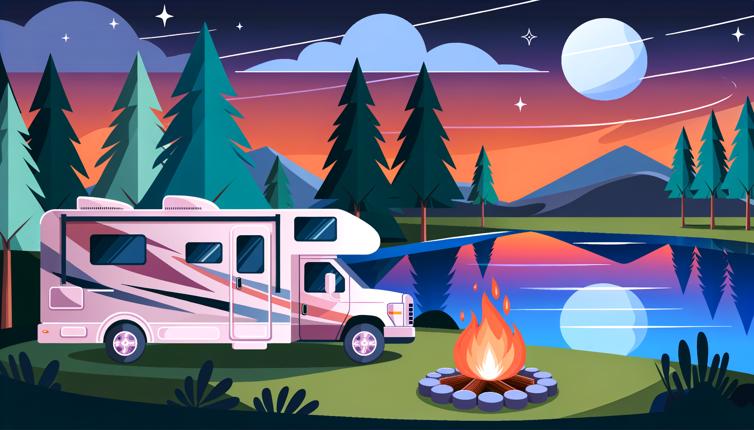1. Size and Layout
The first factor to consider when choosing a camper is its size and layout. You need to determine how many people will be sleeping in the camper and the amount of space required for a comfortable stay. Consider if you would prefer separate sleeping areas or a larger communal space.,If you have a larger family or prefer more space, you may want to consider a camper with slide-outs or expandable sections that can increase the living area when parked.,It's also important to consider the layout of the camper. Look for a layout that suits your family's needs, with amenities such as a bathroom, kitchen, and dining area.,Take into account the storage space available in the camper. Make sure there is enough room to store all your camping gear and personal belongings.
2. Weight and Towing Capacity
Another important factor to consider is the weight of the camper and your vehicle's towing capacity. It's essential to choose a camper that can be safely towed by your vehicle.,Check the towing capacity of your vehicle and ensure that the weight of the camper, along with any additional cargo, falls within that capacity. Exceeding the towing capacity can put a strain on your vehicle and compromise safety.,Consider the weight of the camper when it is fully loaded. It's common for campers to have a dry weight and a maximum weight when fully loaded with water, propane, and gear. Make sure to factor in the weight of your belongings when determining if your vehicle can safely tow the camper.
3. Amenities and Features
Consider the amenities and features that are important to your family's camping experience. Some campers may come fully equipped with a kitchenette, bathroom, shower, and even entertainment options like a TV or DVD player.,Think about your camping style and the level of comfort you desire. If you prefer cooking meals outdoors, a basic kitchenette may be sufficient. On the other hand, if you enjoy the convenience of cooking indoors, look for a camper with a fully-equipped kitchen.,Consider additional features like air conditioning, heating, and insulation. These features can make a significant difference in your family's comfort, especially during extreme temperatures.,It's also worth considering the power source of the camper. Some campers have built-in generators or solar panels, while others rely on external power sources. Determine which option suits your camping needs and preferences.
4. Budget
Lastly, it's important to consider your budget when choosing a camper. Campers come in a wide range of prices, so it's essential to set a budget and stick to it.,Factor in not only the initial cost of the camper but also ongoing expenses such as insurance, maintenance, and storage fees.,Remember that a higher price does not always guarantee a better camping experience. Consider your family's needs and prioritize the features that are most important to you within your budget.
Conclusion
Choosing the ideal camper for your family requires careful consideration of factors such as size and layout, weight and towing capacity, amenities and features, and budget. By taking these factors into account, you can ensure a comfortable and enjoyable camping experience for the whole family.








